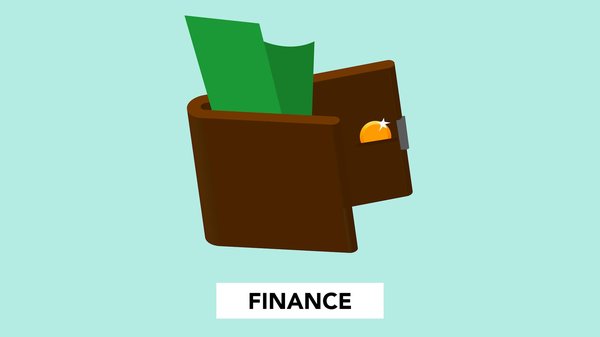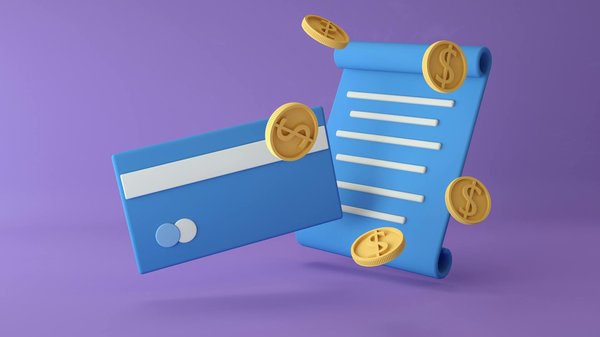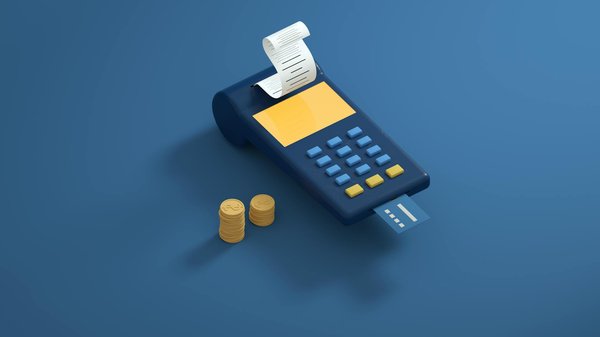Navigate the world of finance with confidence
Robecorail delivers in-depth articles, expert analyses, and practical guides on banking, real estate, credits, and insurance. Stay informed with reliable insights that help you understand the ever-changing financial landscape.

Explore our content categories
Comprehensive coverage across all aspects of finance and property

Why readers trust Robecorail
We've built a reputation for delivering clear, accurate, and actionable financial content. Our editorial approach combines thorough research with accessible writing to make complex topics understandable for everyone.
- Expert-verified articles on banking and credits
- Up-to-date market analyses and trends
- Comprehensive real estate guides and insights
- Weekly news roundups on financial developments
Latest articles
Our recent publications

How Can Alternative Investments Reshape the Future of Real Estate Banking?
Alternative investments have carved a significant niche within real estate banking, introducing fresh dynamics to tradit...

How can investors optimize their returns in the UK property market?
Practical insights for enhancing profitability...

How Can UK Homeowners Benefit From Emerging Banking Trends?
Emerging banking trends are significantly affecting UK homeowners, offering practical banking benefits that reshape thei...

How can changes in UK legislation impact property credit availability?
Recent UK property finance legislation has introduced pivotal changes designed to tighten control over mortgage lending ...

What Are the Emerging Trends in UK Property Financing and Credits?
Recent UK property financing trends reveal significant shifts in how buyers and investors approach funding. One major ch...

What Are the Key Differences Between Mortgages and Personal Loans for Homeowners?
When exploring home financing, it's essential to grasp the differences between mortgages and personal loans. Mortgages a...

How Can Property Investment Strategies Evolve with UK Financial Trends?
Recent shifts in UK property investment dynamics are strongly influenced by evolving financial trends. Changes in intere...

How Do Market Trends Influence Property Finance Decisions in the UK?
Understanding property market trends UK is essential for navigating the evolving landscape of property finance. Recently...

What are the Emerging Trends in UK's Property Finance Sector?
The UK property finance sector in 2024 is navigating a landscape characterized by economic uncertainties and evolving ma...

How Can Homeowners Balance Risk and Savings with UK Property Insurance?
Balancing UK property insurance protection with affordability requires understanding various policy types and assessing ...

How Can Homeowners in the UK Navigate Complex Property Insurance Policies?
Navigating property insurance UK policies requires clear understanding. First, clarify the type of home insurance you ne...

What Are the Key Challenges in Securing Affordable Home Insurance in the UK?
Affordable home insurance UK remains elusive for many due to several intertwined home insurance challenges. One primary ...

How Can the UK Property Market Impact Personal Investment Strategies?
Understanding the UK property market trends requires a close look at recent shifts in property prices and regional diffe...

How Could Recent Economic Trends Affect Property Investment in the UK?
The UK economic trends are currently marked by a complex interplay of inflation, interest rates, and economic growth tha...

How Will the Current Trends in UK Property Influence Future Investment Strategies?
Current UK property trends show notable shifts in pricing and supply dynamics. As property values fluctuate, investors m...

How Can You Maximize Returns When Investing in the UK Real Estate Market?
Maximizing returns in UK real estate requires strategic planning focused on high-yield property types. Investors should ...

Is Investing in the UK Real Estate Market a Smart Choice for Your Financial Future?
Investing in UK real estate can offer significant long-term financial growth benefits, making it a popular choice for th...

What Innovative Strategies Are Shaping the Future of Real Estate Investment?
Small innovations often lead to big changes, and in real estate, PropTech stands out as a game-changer. PropTech integra...